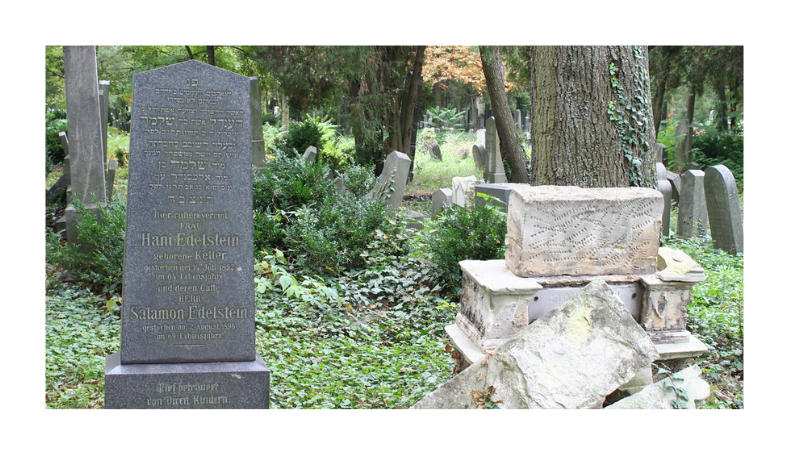Elizabeth Rosner
CNN, July 13, 2024
“I often feel unable to manage my conflicting feelings about forgiveness when it comes to overt cruelty.”
Sometime in late April, the Jewish cemetery in upstate New York where both of my parents are buried was vandalized. Close to 100 gravestones, almost all with Hebrew lettering on one or both sides, were found overturned — the kind of attack that would have taken much more than a casual amount of time and effort. For now, the perpetrators remain unknown, though their motivation seems obvious to everyone in the Jewish community, near and far. Local authorities are investigating — so far declining to call it an antisemitic crime.
Recently, CNN reported that nearly 180 gravestones at two Jewish cemeteries in Cincinnati were vandalized. An investigation is underway.
Regardless of what such acts are called, the breathtaking rise in antisemitic incidents nationwide and globally is shocking yet also familiar. You don’t have to be a daughter of Holocaust survivors, like I am, to recognize these echoes from Germany in the 1930s; you don’t even have to agree that so-called anti-Zionism is the latest form of camouflage for antisemitism. The rabbi in my hometown, commenting on the cemetery’s desecration, told me that he has begun using the phrase “Jew hatred” in addition to antisemitism, as a way to “communicate more clearly what the problem is.”
… [To read the full article, click here]
________________________________________________________


